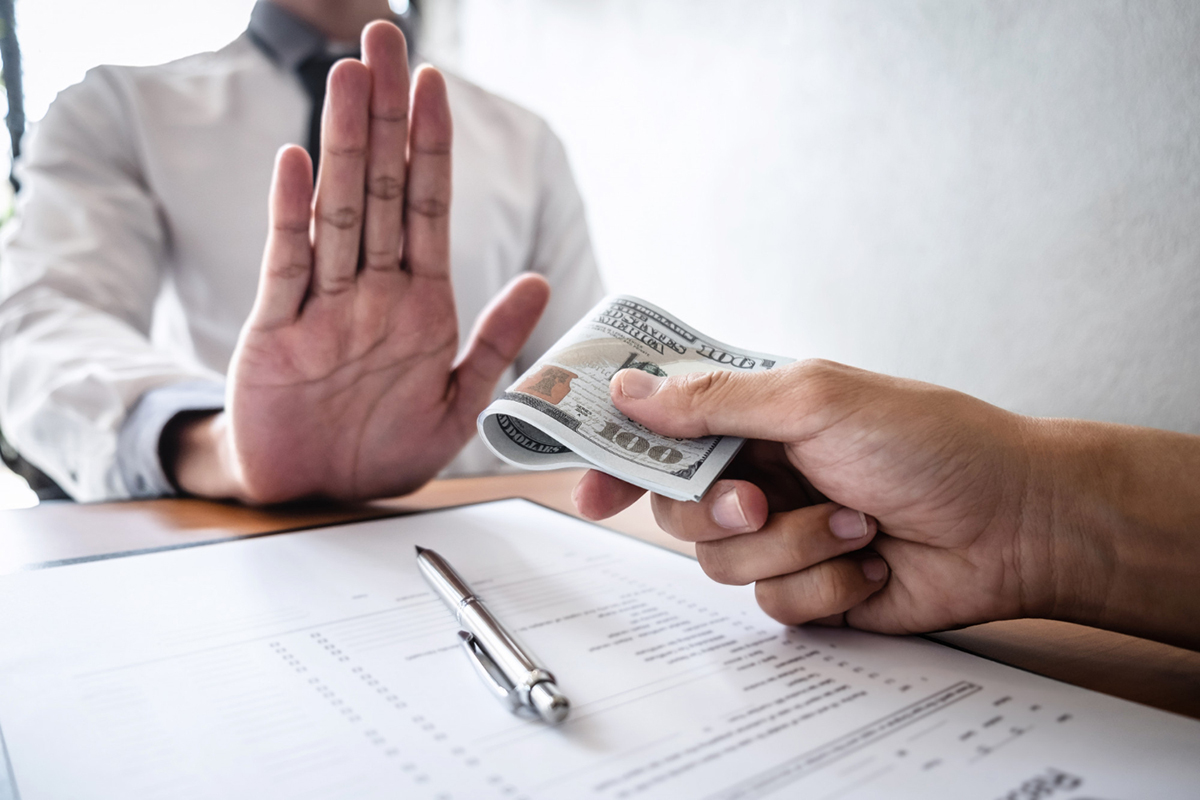


Bail is a crucial aspect of the American justice system. It provides a means for those accused of a crime to secure their release from jail while awaiting their trial. However, the bail system in the US has been under scrutiny for decades due to its many flaws. One of the issues that have come under fire is the limits on bail. In this blog post, we will delve deeper into the limits imposed on bail and what you need to know if you or a loved one is in need of bail.
Bail is the amount of money that you have to pay to the court to gain your freedom while awaiting trial. It is set by the judge in most cases and is based on several factors such as the severity of the crime, the defendant's criminal history, and flight risk. However, in some cases, there are specific limits put in place that can affect how much bail a defendant can be granted.
One of the primary limits on bail is what is known as a statutory limit. This is a cap set by law on the amount of bail that can be set for certain crimes. The limit varies from state to state, and some states may not have any statutory limits. For example, in California, there is no statutory limit for most crimes. However, in some states, such as Alabama, there are caps on bail amounts for certain types of offenses.
Another limit that may affect how much bail is granted is a cap set by a judge. In some cases, a judge may believe that the amount of bail requested is excessive or that the defendant is a flight risk. In such cases, the judge may impose a limit on bail. However, such decisions are not arbitrary and must be based on specific reasons.
There are also limits on the types of bail that can be granted. For example, in some states, such as Texas, cash bonds are the only type of bail that can be granted for certain types of crimes. In other states, such as California, defendants can choose from several types of bonds, including surety bonds and property bonds.
It is essential to note that if you are unable to pay bail, you have the option of seeking assistance from a bail bondsman. Bail bondsmen are firms or individuals that provide bail money in exchange for a fee. They typically charge a fee of between 10% and 20% of the total bail amount. However, it is crucial to choose a reputable bail bond company to ensure that you are not taken advantage of.
If you or a loved one needs bail, it is crucial to understand the limits on bail and how they may affect your situation. While the bail system in the US can be complex, knowing your rights and options is crucial. If you need assistance with bail in Orlando, contact Mike Snapp Bail Bonds today. Our team of professionals is ready to help you with all your bail needs.